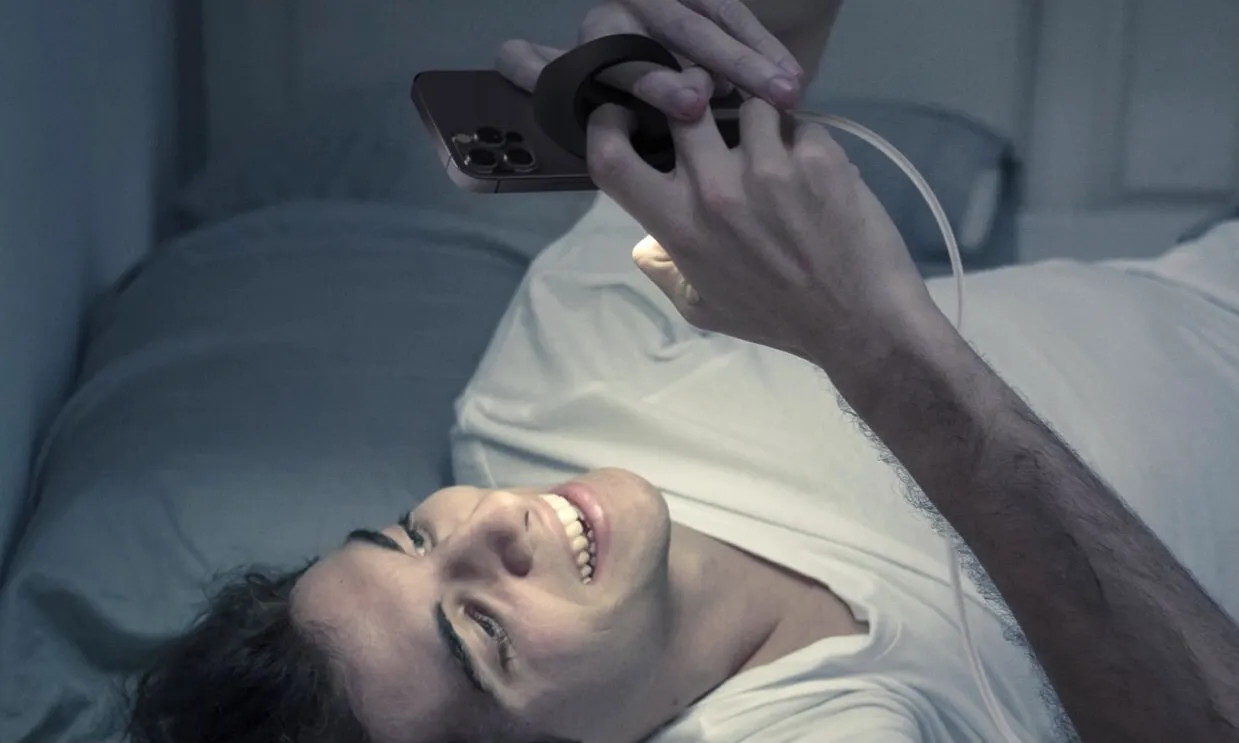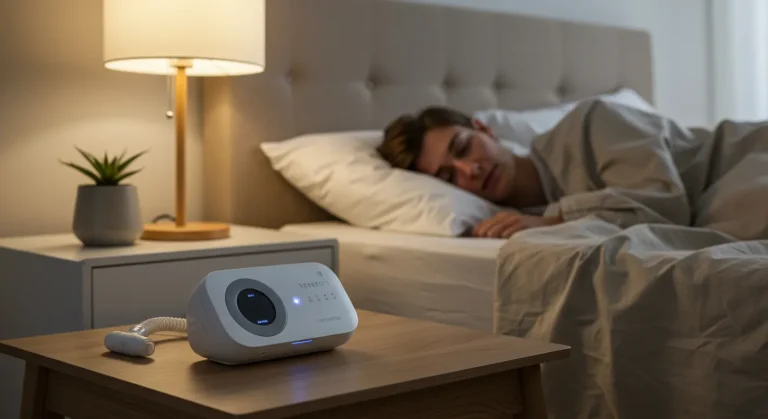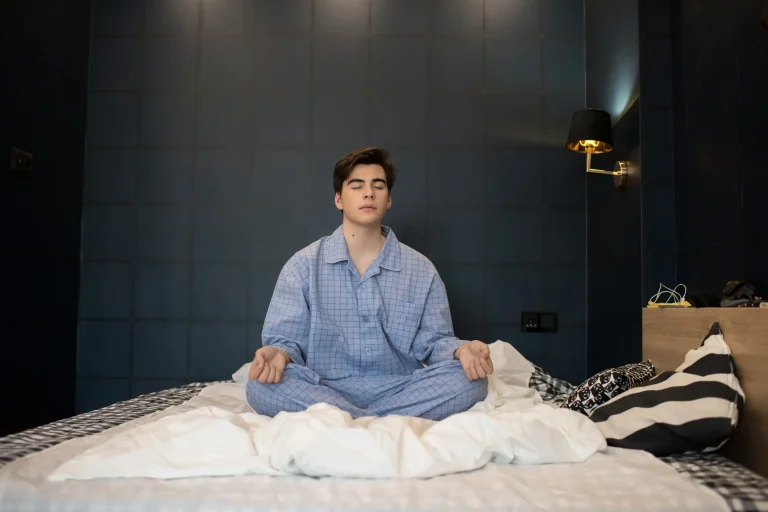Ultimate Guide to Creating a Bedtime Routine for Busy Adults

Life as a busy adult can be hectic, leaving little time for rest and self-care. Amidst the hustle, creating a consistent bedtime routine is essential for recharging your mind and body. At Vector Sleep Diagnostic Center, we understand the value of quality sleep and how a tailored bedtime routine can improve sleep quality, productivity, and overall health.
This guide explores the importance of a bedtime routine and provides practical steps to establish one that suits your demanding schedule.
Why Busy Adults Need a Bedtime Routine
A bedtime routine signals your body and mind that it’s time to wind down, easing the transition from wakefulness to sleep. For busy adults juggling work, family, and other responsibilities, this intentional period of relaxation can make all the difference in achieving restorative sleep.
Benefits of a Bedtime Routine:
- Improved Sleep Quality: Prepares your body for a deeper, uninterrupted sleep.
- Stress Reduction: Lowers cortisol levels and helps manage anxiety.
- Increased Productivity: Better rest enhances focus and energy levels.
- Enhanced Health: Supports immune function, mental health, and weight management.
Steps to Create an Effective Bedtime Routine
1. Set a Consistent Sleep Schedule
- Go to bed and wake up at the same time every day, even on weekends.
- Consistency helps regulate your body’s internal clock, making it easier to fall asleep and wake up.
2. Limit Screen Time Before Bed
- Blue light from screens suppresses melatonin production, delaying sleep onset.
- Stop using electronic devices like phones, tablets, and TVs at least 1 hour before bedtime.
3. Create a Relaxing Environment
- Keep your bedroom cool, dark, and quiet.
- Invest in comfortable bedding, blackout curtains, and a white noise machine if needed.
4. Practice Relaxation Techniques
- Engage in calming activities like meditation, deep breathing, or gentle yoga.
- Consider progressive muscle relaxation to release physical tension.
5. Avoid Stimulants in the Evening
- Limit caffeine, nicotine, and heavy meals at least 4-6 hours before bed.
- Opt for herbal teas like chamomile or peppermint to encourage relaxation.
6. Incorporate a Wind-Down Activity
- Read a book, listen to calming music, or journal your thoughts to clear your mind.
- Choose activities that promote relaxation without overstimulating your brain.
7. Take a Warm Bath or Shower
- A warm bath or shower before bed helps relax your muscles and triggers a drop in body temperature, signaling your body to sleep.
8. Set Intentions for the Next Day
- Write down tasks or goals for the following day to ease anxiety about unfinished responsibilities.
- This practice helps you mentally detach from work and focus on rest.
Common Challenges for Busy Adults and Solutions
1. Not Enough Time for a Routine
- Solution: Start with a 15-minute routine and gradually build it up. Even small changes can make a big impact.
2. Overthinking at Night
- Solution: Practice mindfulness meditation or journaling to quiet a racing mind.
3. Inconsistent Schedules
- Solution: Focus on maintaining the same bedtime even if your wake-up time varies.
Example Bedtime Routine for Busy Adults
Here’s a sample 30-minute bedtime routine:
- 9:30 PM: Turn off screens and dim the lights.
- 9:35 PM: Take a warm shower or practice a calming skincare routine.
- 9:45 PM: Spend 10 minutes journaling or reflecting on the day.
- 9:55 PM: Practice 4-7-8 breathing or another relaxation technique.
- 10:00 PM: Get into bed and visualize positive, calming imagery.
Why Choose Vector Sleep Diagnostic Center?
At Vector Sleep Diagnostic Center, we specialize in helping busy adults overcome sleep challenges. From crafting effective bedtime routines to diagnosing and treating sleep disorders, our expert team is here to support you.
Services We Offer:
- Personalized sleep evaluations.
- Tailored treatment plans for sleep issues.
- Professional guidance on improving sleep hygiene.
Take the First Step Toward Better Sleep
Don’t let a busy schedule compromise your health. Take control of your nights by creating a bedtime routine or seeking expert help for sleep challenges.
- 📞 Call us at +1 718-830-2800
- 📧 Email us at vectorsleep@gmail.com
Let us help you achieve restful nights and productive days with our expert solutions.
FAQs About Bedtime Routines for Busy Adults
1. How long should my bedtime routine be?
A bedtime routine can be as short as 15 minutes or as long as an hour. The key is consistency.
2. Can I include exercise in my bedtime routine?
Light stretching or yoga is fine, but avoid intense exercise close to bedtime, as it can be stimulating.
3. What if I can’t fall asleep even with a routine?
If sleeplessness persists, consult a sleep specialist to rule out underlying issues like insomnia or sleep apnea.
4. Is it okay to use sleep aids?
Occasional use of over-the-counter sleep aids is fine, but breathing exercises, meditation, and proper sleep hygiene are safer and more sustainable long-term solutions.
5. Can I listen to music during my routine?
Yes, calming music or white noise can be part of an effective bedtime routine.






